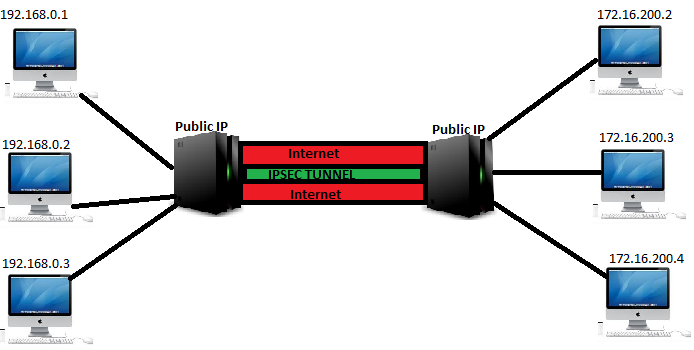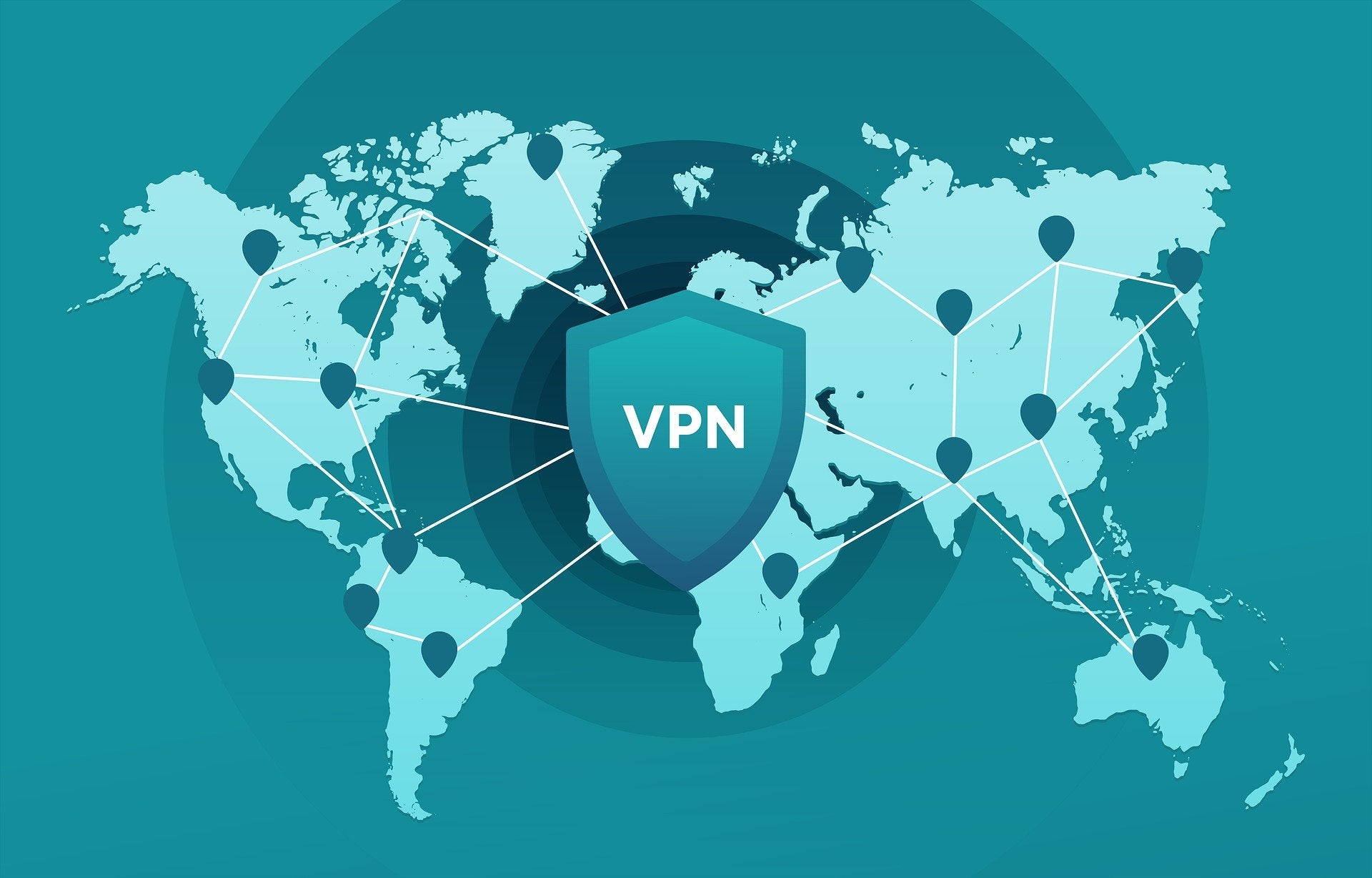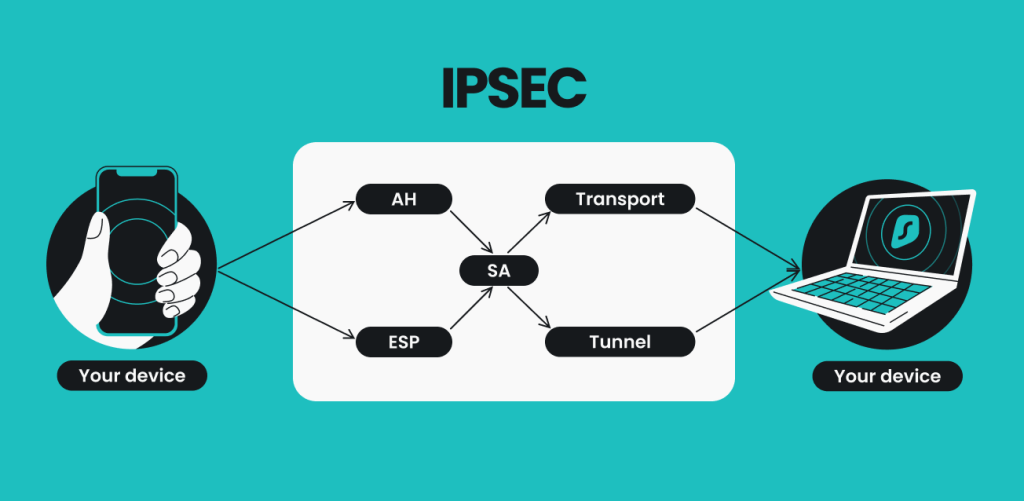Featured
Table of Contents
What Is Ipsec?
IPsec validates and encrypts information packages sent out over both IPv4- and IPv6-based networks. IPsec protocol headers are discovered in the IP header of a package and specify how the information in a packet is handled, including its routing and delivery throughout a network. IPsec adds a number of elements to the IP header, consisting of security information and several cryptographic algorithms.

ISAKMP is specified as part of the IKE protocol and RFC 7296. It is a framework for key facility, authentication and settlement of an SA for a safe exchange of packets at the IP layer. Simply put, ISAKMP defines the security criteria for how two systems, or hosts, communicate with each other.
They are as follows: The IPsec process starts when a host system recognizes that a packet requires protection and ought to be transferred using IPsec policies. Such packets are thought about "fascinating traffic" for IPsec purposes, and they trigger the security policies. For outbound packages, this implies the suitable file encryption and authentication are used.
About Virtual Private Network (Ipsec) - Techdocs
In the 2nd step, the hosts utilize IPsec to work out the set of policies they will utilize for a protected circuit. They also confirm themselves to each other and set up a safe and secure channel in between them that is used to negotiate the method the IPsec circuit will secure or confirm data sent out across it.

After termination, the hosts deal with the private secrets used during data transmission. A VPN basically is a personal network carried out over a public network. Anyone who connects to the VPN can access this private network as if directly linked to it. VPNs are typically used in companies to make it possible for workers to access their business network from another location.
Normally used in between secured network gateways, IPsec tunnel mode enables hosts behind one of the gateways to interact firmly with hosts behind the other gateway. For instance, any users of systems in an enterprise branch office can securely get in touch with any systems in the main office if the branch workplace and primary office have safe and secure gateways to function as IPsec proxies for hosts within the particular workplaces.
Understanding Ipsec - Engineering Education (Enged) ...
IPsec transportation mode is used in cases where one host requires to engage with another host. The 2 hosts work out the IPsec circuit straight with each other, and the circuit is typically torn down after the session is total.
With an IPsec VPN, IP packets are secured as they take a trip to and from the IPsec gateway at the edge of a personal network and remote hosts and networks. An SSL VPN protects traffic as it moves between remote users and an SSL entrance. IPsec VPNs support all IP-based applications, while SSL VPNs just support browser-based applications, though they can support other applications with custom development.
See what is best for your organization and where one type works best over the other.
What An Ipsec Vpn Is, And How It Works
Each IPsec endpoint verifies the identity of the other endpoint it desires to interact with, making sure that network traffic and information are only sent out to the intended and allowed endpoint. In spite of its fantastic energy, IPsec has a few concerns worth discussing. Direct end-to-end interaction (i. e., transmission technique) is not always offered.
The adoption of numerous regional security regulations in massive dispersed systems or inter-domain settings may present severe concerns for end-to-end interaction. In this example, presume that FW1 needs to check traffic material to detect intrusions and that a policy is set at FW1 to deny all encrypted traffic so as to implement its content assessment requirements.
Users who utilize VPNs to from another location access a private business network are put on the network itself, offering them the same rights and operational abilities as a user who is connecting from within that network. An IPsec-based VPN may be produced in a range of methods, depending upon the requirements of the user.
Ipsec—what Is It And How Does It Work?
Due to the fact that these parts may stem from different suppliers, interoperability is a must. IPsec VPNs enable smooth access to business network resources, and users do not necessarily need to use web gain access to (gain access to can be non-web); it is for that reason a solution for applications that need to automate communication in both methods.
Its framework can support today's cryptographic algorithms along with more effective algorithms as they become readily available in the future. IPsec is an obligatory part of Web Procedure Version 6 (IPv6), which business are actively releasing within their networks, and is strongly suggested for Internet Procedure Variation 4 (IPv4) applications.
It offers a transparent end-to-end secure channel for upper-layer protocols, and implementations do not require modifications to those procedures or to applications. While possessing some drawbacks associated with its intricacy, it is a fully grown protocol suite that supports a series of encryption and hashing algorithms and is extremely scalable and interoperable.
What Are Ipsec Policies?
Like VPNs, there are many ways a Zero Trust design can be executed, however options like Twingate make the procedure significantly simpler than needing to wrangle an IPsec VPN. Contact Twingate today to discover more.

IPsec isn't the most typical web security protocol you'll utilize today, however it still has an essential function to play in securing web communications. If you're using IPsec today, it's probably in the context of a virtual personal network, or VPN. As its name suggests, a VPN creates a network connection between two devices over the public internet that's as safe (or nearly as secure) as a connection within a private internal network: probably a VPN's many well-known usage case is to allow remote workers to gain access to secured files behind a corporate firewall as if they were working in the office.
For the majority of this article, when we state VPN, we suggest an IPsec VPN, and over the next numerous sections, we'll discuss how they work. A note on: If you're looking to establish your firewall software to permit an IPsec VPN connection, make sure to open UDP port 500 and IP ports 50 and 51.
An Introduction To Ipv6 Packets And Ipsec - Enable Sysadmin

As soon as this has all been set, the transportation layer hands off the data to the network layer, which is mostly controlled by code running on the routers and other parts that make up a network. These routers choose the route specific network packages require to their location, but the transportation layer code at either end of the interaction chain does not need to know those details.
By itself, IP doesn't have any built-in security, which, as we noted, is why IPsec was established. IPsec was followed carefully by SSL/TLS TLS stands for transport layer security, and it includes securing communication at that layer. Today, TLS is built into essentially all web browsers and other internet-connected applications, and is sufficient defense for daily internet usage.
That's why an IPsec VPN can add another layer of protection: it involves protecting the packages themselves. An IPsec VPN connection begins with facility of a Security Association (SA) in between two communicating computer systems, or hosts. In general, this involves the exchange of cryptographic secrets that will allow the celebrations to secure and decrypt their interaction.
Latest Posts
The Top 10 Enterprise Vpn Solutions
Advantages And Disadvantages Of A Vpn
10 Best Cloud Vpn Providers In 2023